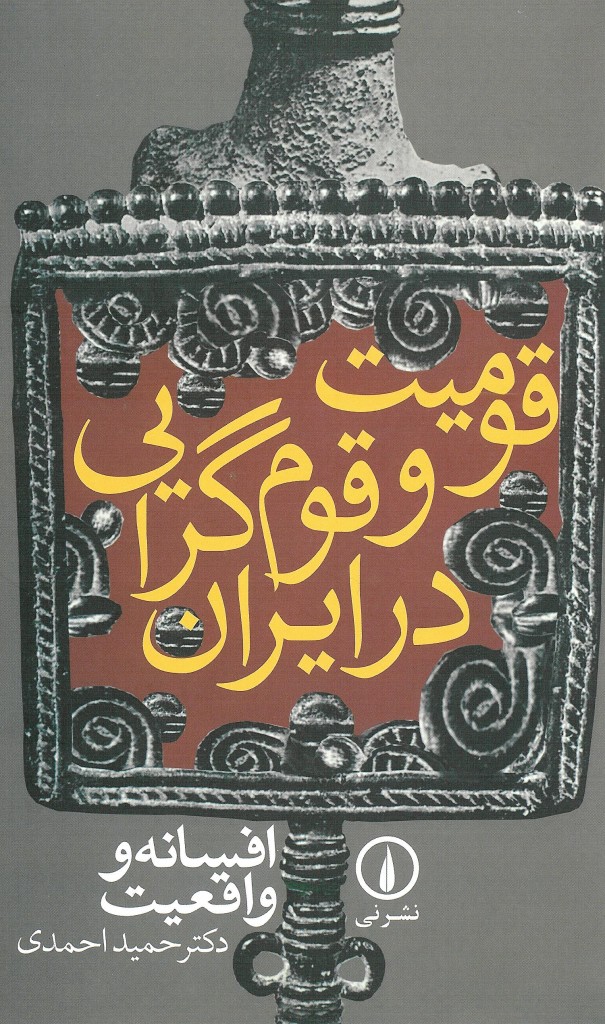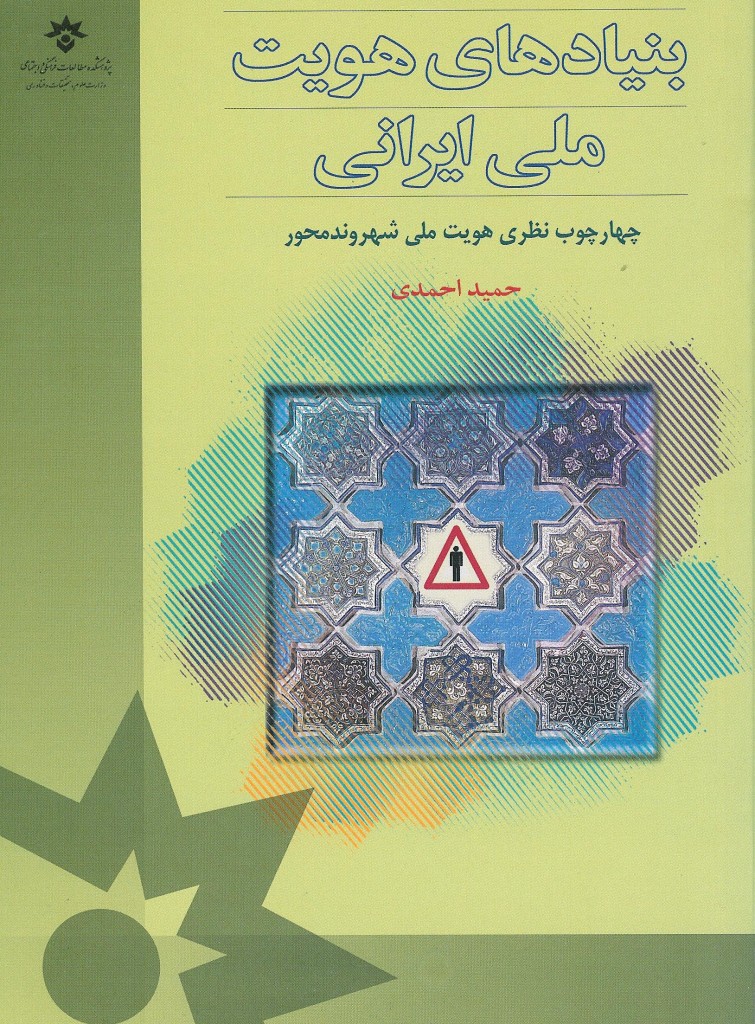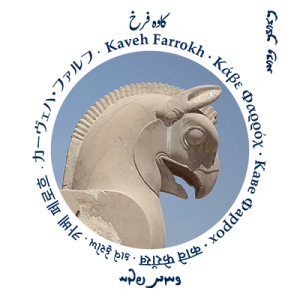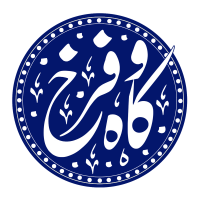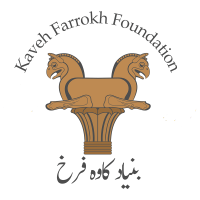Professor Hamid Ahmadi (Associate Professor of Political Science, Faculty of Law and political Science, University of Tehran)(حمید احمدی – استاد و عضو هیات علمی دانشکده حقوق و علوم سیاسی دانشگاه تهران–) is perhaps one of the foremost experts today on ethno-nationalism in Iran, Turkey, the Persian Gulf region and Central Asia.

-حمید احمدی – استاد و عضو هیات علمی دانشکده حقوق و علوم سیاسی دانشگاه تهران- Professor Hamid Ahmadi is one of the foremost experts on the relationships between domestic and international factors and their interplay with ethnic politics in Iran, Central Asia, the Caucasus and the Persian Gulf regions.
Professor Ahmadi has published numerous papers including:
Below is an abstract of the above article in Persian and English:
چكيذه
هدف اين پژوهش، بررسي تأثيرات ايدئولوژي پان تركيسم در آسياي مركزي است. فروپاشي اتحاد جماهير شوروي و استقلال كشورهاي آسياي مركزي و قفقاز، بار ديگر اميد نظريه پردازان و استراتژيستهاي پانتركيسم را كه پس از جنگ دوم در رابطه با پيشبرد پروژه برپايي يك امپراطوري ترك زبان در مناطق جنوبي شوروي دچار سرخوردگي و نا اميدي شده بودند، زنده كرد.
اين پژوهش با توجه به آرمانهاي پانتركي در سياست خارجي تركيه و تلاشهاي پانزده ساله اخير سياستمداران و نخبگان فكري اين كشور براي پيشبرد پروژه پان تركيسم و اتحاد جمهوريهاي آسياي مركزي، پيامد اين تلاشها و تأثيرات آن در آسياي مركزي در نهايت واكنش كشورهاي منطقه را به آرمانهاي پانتركي تجزيه و تحليل ميكند. فرضيه اساسي پژوهش آن است كه برخلاف ايدههاي اوليه، پانتركيسم در ابعاد سياسي خود پيشرفت چنداني نكرده و اين مسأله تركيه و سياستمداران آن را دچار ترديد كرده است
Abstract:
This research seeks to study the impact of Pan-Turkist ideology on Central Asia. The collapse of the Soviet Union and independence of the Central Asian and Caucasian states once again revitalized hopes among the Pan-Turkist theoreticians and strategists who were hopeless about the implementation of their project of establishing a Turkic empire in the southern parts of the Soviet Union. Considering the Pan-Turkist ideals in Turkey’s foreign policy and the 15-year long efforts by the country’s politicians and intellectuals in promoting the Pan-Turkist project of alliance among Central Asian republics, this article addresses these efforts and their effects on Central Asia and finally regional countries’ reaction to the Pan-Turkist ideals. The main hypothesis of the research includes that unlike original ideas, Pan-Turkism has not progressed so much in its political aspects, which made Turkish politicians hesitant about it.
Dr. Ahmadi has also published two highly informative textbooks in Persian on Iranian ethnic identity. The first of these is:
Ethnic Identity and Ethnic inclinations in Iran: Myths and Realities . Published in Tehran by Nashr e Ney publishers in 2010.
At this juncture this book is available in Iran only, however it can be tracked down through the following ISBN number: 964-312-424-X
This book is laden with numerous references and informative maps which guide the reader through Iran’s ethnic dynamics, especially in relation to domestic (Iranian) socio-political processes and the international arena. Dr. Ahmadi’s textbook is primarily based on his Doctoral Dissertation entitled:
The Foundations of Iranian National Identity. Published in Tehran by Iscs publishers in 2009.
This book is also only available in Iran for purchase, however the publishers can be reached at:
E-Mail: [email protected]
Website: www.iscs.ac.ir

